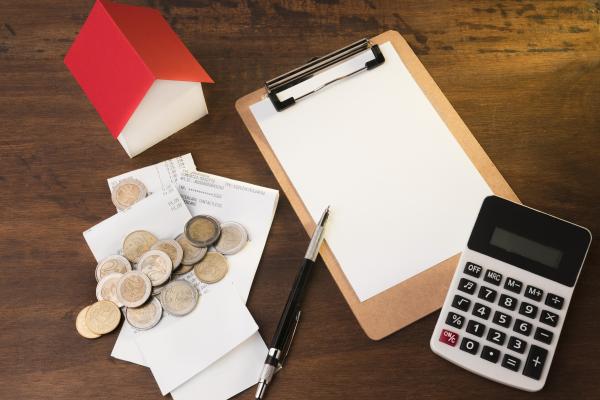- Oct 23, 2024
- Renting
- 1,044
Renting property in Dubai can be a seamless experience if you’re well-informed about the local market and regulations. At RentingProp.com, we aim to provide you with the necessary insights to help you navigate the rental process effectively. This guide outlines the essential steps and considerations to make your rental experience in Dubai smooth and enjoyable.
1. Understanding the Market
Before you start your search, it’s essential to familiarize yourself with Dubai's real estate landscape. Rental prices vary significantly by location, property type, and amenities. For example, areas like Dubai Marina and Downtown Dubai are highly sought after, often leading to higher rental prices. In contrast, neighborhoods like Jumeirah Village Circle (JVC) or Al Qusais may offer more affordable options.
2. Setting Your Budget
Establishing a clear budget is crucial. Consider your monthly income and allocate approximately 30% to housing. Remember that rental prices in Dubai are usually quoted annually, so factor in all potential costs, including utilities, maintenance, and service charges.
3. Hiring a Real Estate Agent
Engaging a reputable real estate agent can streamline your search. Look for agents registered with the Real Estate Regulatory Agency (RERA) to ensure a professional and trustworthy experience. A knowledgeable agent can provide valuable market insights, assist with negotiations, and help you navigate lease agreements.
4. Searching for Properties
When searching for rental properties, you can explore the extensive listings available on RentingProp.com. Our platform features a diverse range of properties that cater to various budgets and preferences. Whether you are looking for a luxurious apartment or a cozy villa, our listings provide detailed information to help you make informed decisions.
5. Visiting Properties
Once you have a shortlist, schedule viewings. Inspecting properties in person allows you to evaluate their condition, surroundings, and available amenities. Take notes and photos to help you remember key details.
6. Reviewing the Rental Agreement
Before signing the lease, carefully review the rental agreement. Important elements to consider include:
- Lease Duration: Most leases are for one year, but short-term options may be available.
- Deposit and Fees: Landlords typically require a security deposit (usually one month’s rent). Clarify maintenance responsibilities and any additional costs.
- Notice Period: Understand the notice period required for ending the lease.
Ensure the agreement is registered with the Ejari system, which is essential for legal protection.
7. Making Payments and Registration
In Dubai, rent is generally paid in one to four cheques, depending on the landlord’s preference. Keep a record of all payments for your records. After signing the lease, register it with the Ejari system, as this step is mandatory and provides legal validation of your contract.
8. Conducting a Move-In Inspection
Before moving in, perform a detailed inspection of the property with the landlord. Document any existing damages or issues to avoid future disputes. Taking photos can serve as evidence of the property's condition upon your arrival.
9. Knowing Your Rights and Responsibilities
Familiarize yourself with tenant rights and responsibilities in Dubai. The Dubai Rental Law outlines key aspects, including maintenance obligations and eviction processes. Knowing your rights will help ensure a fair rental experience.
10. Settling into Your New Home
After completing the rental process, it's time to make your new place feel like home. Engage with your community, explore local amenities, and enjoy the diverse lifestyle Dubai offers.
Conclusion
Renting property in Dubai can be a rewarding experience if you follow the right steps and stay informed. By understanding the market, setting a clear budget, and knowing your rights, you can find a property that meets your needs and preferences. For more tips and properties available for rent, explore RentingProp.com today!
Popular Categories
Popular Posts

Understanding Ejari: Essential for Renters in Dubai



